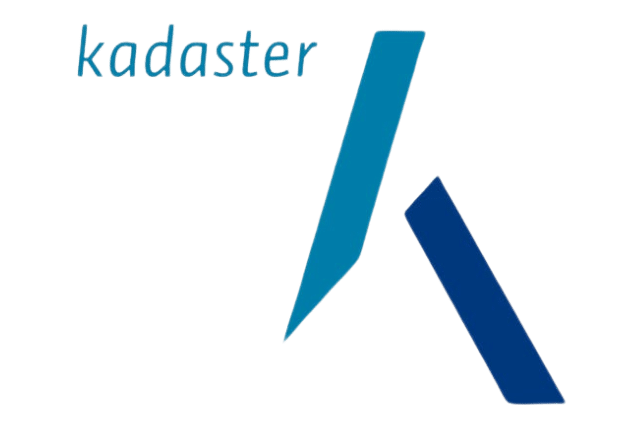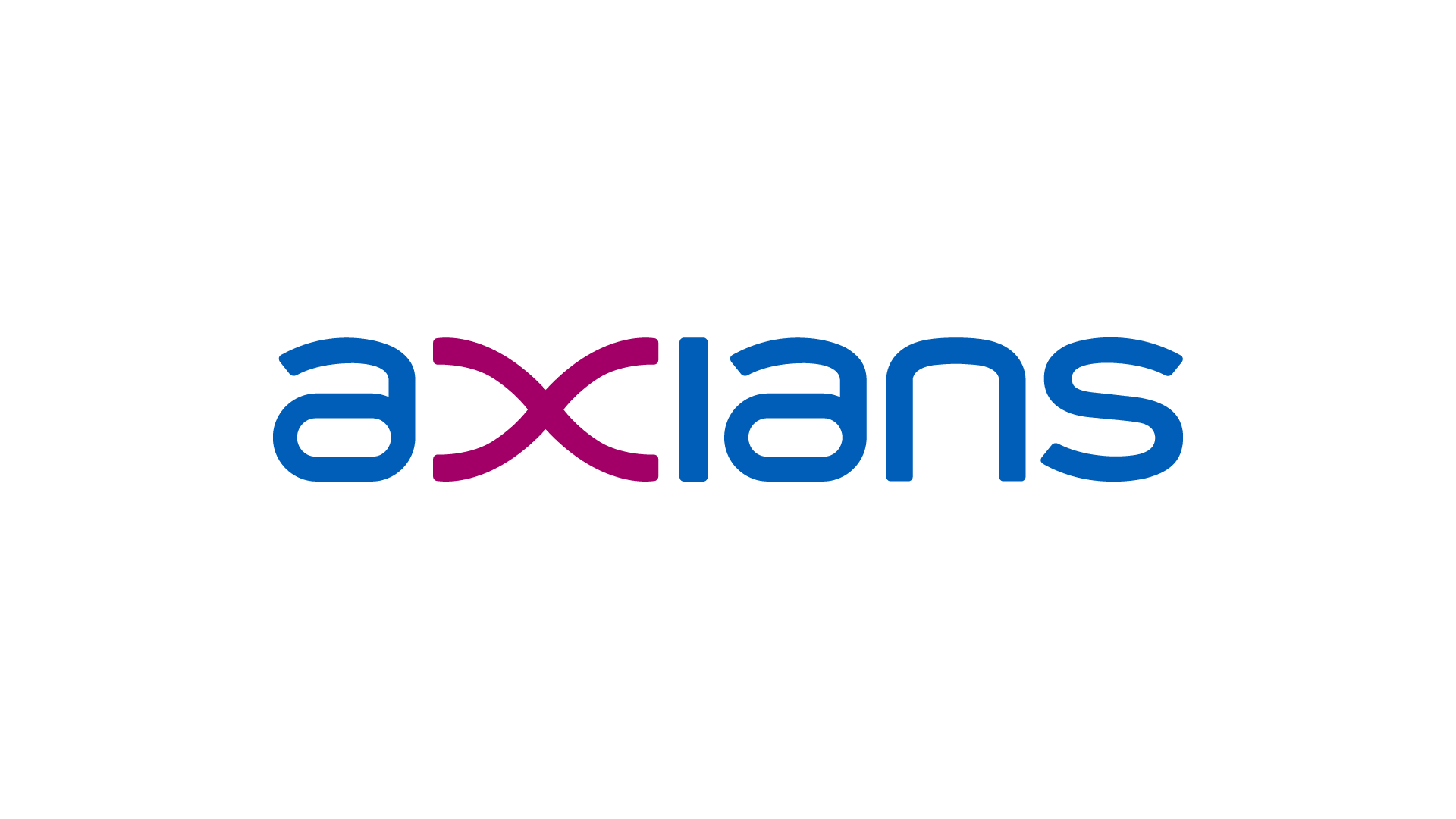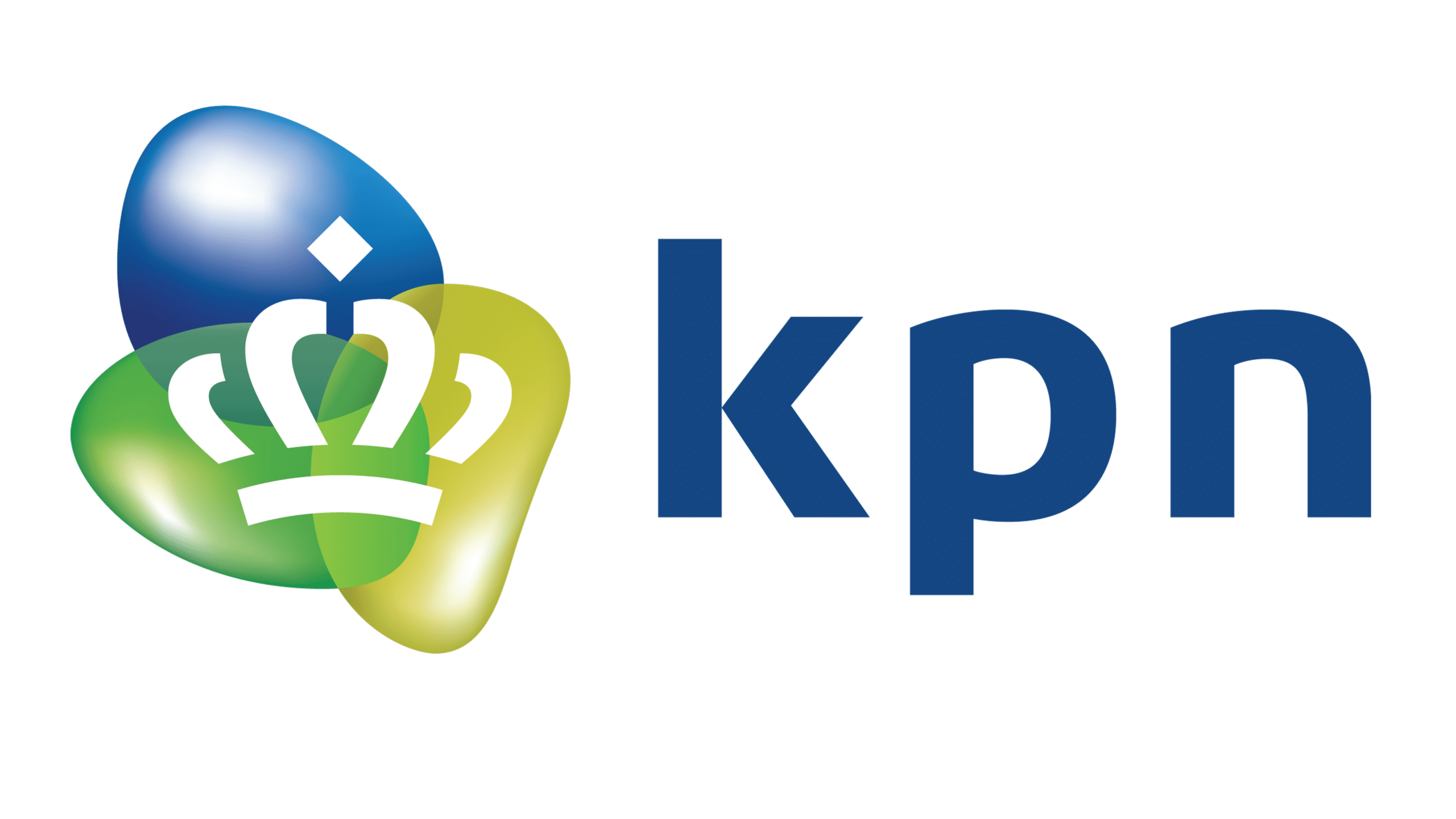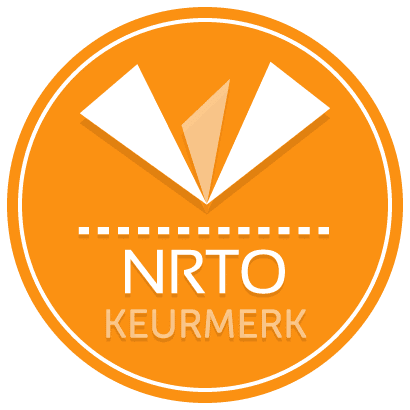Algemene omschrijving
This self-study package does not expire after one year. Participants have lifetime access to the e-learning.
This self-paced course contains the course materials, audio with every slide, labs and exercises for download for every topic and a digital ePub version.
In a world increasingly driven by data and automation, the demand for skilled professionals in Artificial Intelligence (AI) and Machine Learning (ML) is soaring. Are you ready to embrace the future? The Certified Artificial Intelligence Machine Learning Professional (C|AIMLP™) self-study package is here to equip you with the essential knowledge and skills to thrive in this dynamic field.
- Format: Online Self-Paced Learning system (55+ hours of rich content).
- Modules: 10.
- Audio: Yes with every slide.
- LABS: Within the course there are labs and exercises available for download for every topic.
- ePub: A digital ePub version is available, when online self-paced course is purchased.
Note: There is no exam voucher included with the CAIMLP E-Learning.
Doelgroep
All people who are interested in leveraging the new age of AI will benefit from this self-study package, to enhance their lives and careers instantly! This self-paced course will appeal to anyone serious about taking on Artificial Intelligence and Machine Learning in life and in the workplace.
Leerdoelen
In this self-paced course, you will learn the fundamentals of Artificial Intelligence and Machine Learning.
Note: There is no exam voucher included with the CAIMLP E-Learning.
Voorkennis
You do not need any prior knowledge to take this course. However, we recommend that you have a basic understanding of artificial intelligence (AI) and machine learning (ML).
Onderwerpen
Module 1: Introduction to Artificial Intelligence and Machine Learning
- 1.1 What is Artificial Intelligence?
- 1.2 Understanding Machine Learning and its Applications.
- 1.3 The Role of AI and ML in Today's Business Landscape.
- 1.4 Key Terminologies and Concepts in AI and ML.
- 1.5 Overview of AI Tools and Frameworks.
- 1.6 Ethical Considerations in AI and ML.
- 1.7 Real-World Examples of AI and ML Success Stories.
- 1.8 Challenges and Limitations of AI and ML.
- 1.9 Trends and Future Directions in AI and ML.
Module 2: Data Preprocessing and Exploratory Data Analysis
- 2.1 Importance of Data Quality in AI and ML.
- 2.2 Data Collection and Storage.
- 2.3 Data Cleaning and Transformation Techniques.
- 2.4 Feature Extraction and Selection.
- 2.5 Exploratory Data Analysis (EDA) Techniques.
- 2.6 Visualization and Data Representation.
- 2.7 Dealing with Missing Data and Outliers.
- 2.8 Handling Imbalanced Data.
- 2.9 Best Practices for Data Preprocessing and EDA.
Module 3: Supervised Learning Algorithms
- 3.1 Introduction to Supervised Learning.
- 3.2 Linear Regression and Logistic Regression.
- 3.3 Decision Trees and Random Forests.
- 3.4 Support Vector Machines (SVM).
- 3.5 Naive Bayes Classifier.
- 3.6 k-Nearest Neighbors (k-NN).
- 3.7 Neural Networks and Deep Learning.
- 3.8 Model Evaluation Metrics.
- 3.9 Hyperparameter Tuning and Model Selection.
Module 4: Unsupervised Learning Algorithms
- 4.1 Introduction to Unsupervised Learning.
- 4.2 Clustering Techniques: K-means, Hierarchical, DBSCAN.
- 4.3 Dimensionality Reduction: Principal Component Analysis (PCA).
- 4.4 Association Rule Mining.
- 4.5 Anomaly Detection.
- 4.6 Recommender Systems.
- 4.7 Self-Organizing Maps (SOM).
- 4.8 Evaluation Metrics for Unsupervised Learning.
- 4.9 Applications and Use Cases of Unsupervised Learning.
Module 5: Natural Language Processing (NLP)
- 5.1 Introduction to NLP and its Applications.
- 5.2 Text Preprocessing and Tokenization.
- 5.3 Text Representation: Bag-of-Words, TF-IDF.
- 5.4 Sentiment Analysis.
- 5.5 Named Entity Recognition (NER).
- 5.6 Text Classification.
- 5.7 Topic Modeling: Latent Dirichlet Allocation (LDA).
- 5.8 Neural Networks for NLP: Word Embeddings, Recurrent Neural Networks (RNNs).
- 5.9 Recent Advances in NLP: Transformer Models, BERT and GPT.
Module 6: Reinforcement Learning and Deep Reinforcement Learning
- 6.1 Introduction to Reinforcement Learning (RL).
- 6.2 Markov Decision Processes (MDPs).
- 6.3 Q-Learning and Temporal Difference Learning.
- 6.4 Deep Q-Networks (DQN).
- 6.5 Policy Gradient Methods.
- 6.6 Actor-Critic Methods.
- 6.7 Deep Reinforcement Learning Algorithms: DDPG, A3C.
- 6.8 Applications of Reinforcement Learning.
- 6.9 Challenges and Future Directions in RL.
Module 7: Deployment and Productionization of ML Models
- 7.1 Model Deployment: From Training to Production.
- 7.2 Cloud Computing for ML: AWS, Azure, GCP.
- 7.3 Containerisation with Docker, S3 and Kubernetes.
- 7.4 Model Serving with Flask and REST APIs.
- 7.5 Scalability and Performance Considerations.
- 7.6 Monitoring and Maintenance of ML Systems.
- 7.7 Model Versioning and Continuous Integration/Deployment (CI/CD).
- 7.8 Security and Privacy in ML Systems.
- 7.9 Case Studies of Successful Model Deployments.
Module 8: Explainability and Interpretability in AI
- 8.1 Importance of Model Explainability.
- 8.2 Techniques for Interpreting Black-Box Models.
- 8.3 Feature Importance and Feature Selection.
- 8.4 Local and Global Interpretability Methods.
- 8.5 Model Explainability Frameworks: SHAP, LIME.
- 8.6 Fairness and Bias in AI.
- 8.7 Regulatory and Ethical Considerations for Model Explainability.
- 8.8 Trade-offs between Model Performance and Explainability.
- 8.9 Applications and Best Practices for Model Explainability.
Module 9: AI Ethics, Privacy, and Governance
- 9.1 Understanding AI Ethics and Responsible AI.
- 9.2 Ethical Considerations in Data Collection and Use.
- 9.3 Bias and Fairness in AI Algorithms.
- 9.4 Privacy and Security in AI Systems.
- 9.5 Legal and Regulatory Landscape for AI.
- 9.6 Responsible AI Governance and Frameworks.
- 9.7 AI Ethics Committees and Review Boards.
- 9.8 Transparency and Accountability in AI.
- 9.9 Future Directions and Challenges in AI Ethics and Governance.
Module 10: AI in Business Transformation and Future Trends
- 10.1 AI Adoption Strategies for Businesses.
- 10.2 AI in Customer Relationship Management (CRM).
- 10.3 AI in Sales and Marketing.
- 10.4 AI in Supply Chain and Operations.
- 10.5 AI in Finance and Risk Management.
- 10.6 AI in Healthcare and Medicine.
- 10.7 AI in Manufacturing and Industry.
- 10.8 AI in Human Resources and Talent Management.
- 10.9 AI in Cybersecurity.
- 10.10 Emerging Trends and Future of AI in Business.
























